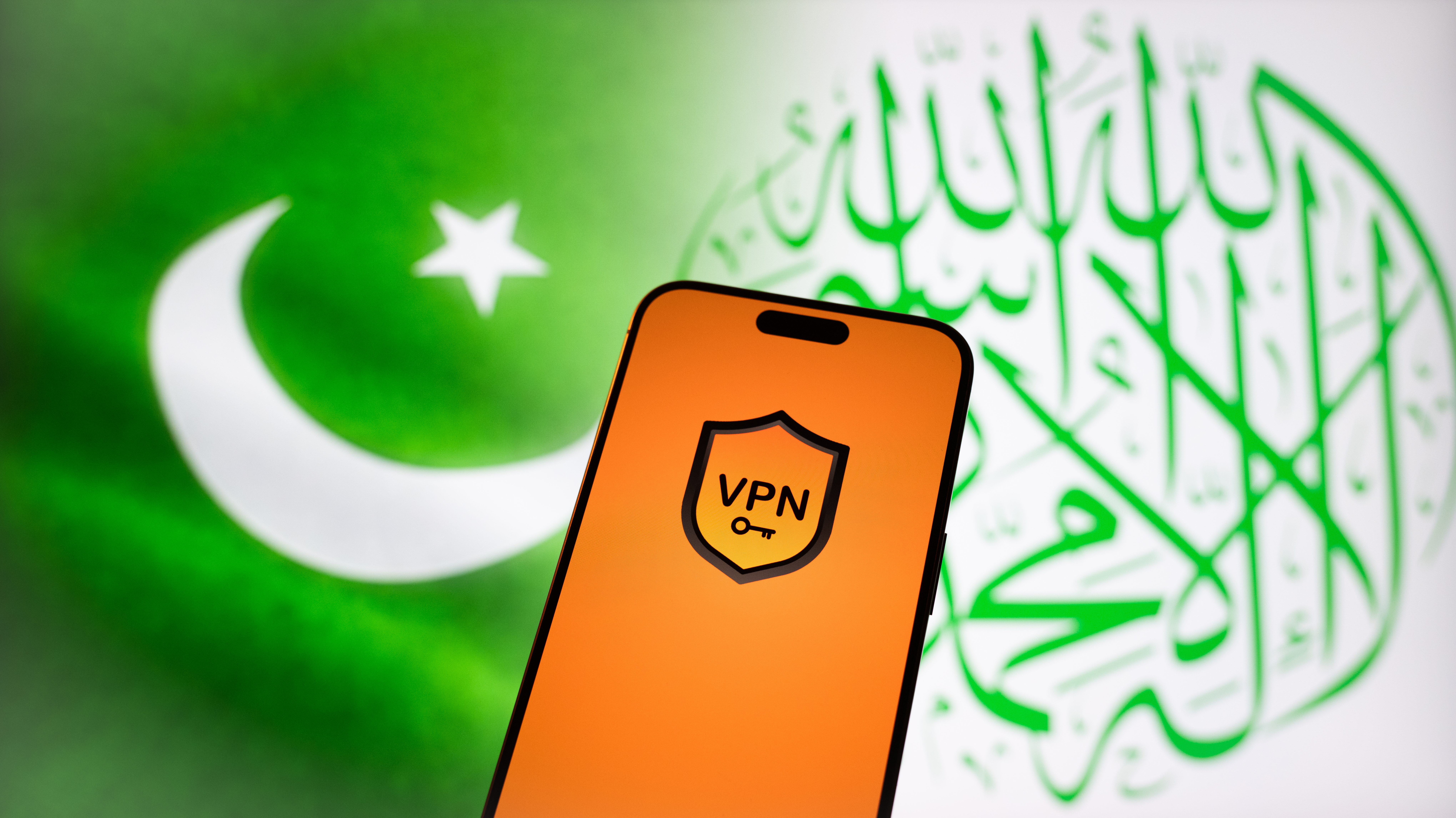Pakistan Declares VPN Use Un-Islamic, Raising Concerns About Digital Rights
In a controversial move, Pakistan’s Council of Islamic Ideology has declared the use of virtual private networks (VPNs) un-Islamic, a decision critics argue is more about controlling dissent than adhering to religious principles. Arshad Mehmood reports that the council, a constitutional body providing Islamic legal advice, called for strict government action against technologies compromising “social values” or law. The declaration aligns with Pakistan’s ongoing crackdown on internet freedoms, including implementing a nationwide firewall earlier this year.
The council’s chair, Raghib Hussain Naeemi, stated that VPNs enable access to content restricted by both sharia law and government policy, such as pornography or politically sensitive material. Activists, however, view this as an effort to silence opposition, particularly from supporters of jailed former Prime Minister Imran Khan, who have relied on social media to mobilize. Despite the ban, technology experts argue that entirely eliminating VPN usage is nearly impossible.
This holiday season, give to:
Truth and understanding
The Media Line's intrepid correspondents are in Israel, Gaza, Lebanon, Syria and Pakistan providing first-person reporting.
They all said they cover it.
We see it.
We report with just one agenda: the truth.


The decision has drawn widespread criticism from digital rights groups, freelancers, and students, who emphasize VPNs’ role in accessing censored platforms and securing livelihoods. Muhammad Arshad Bhatti, a communications professor, stressed that such restrictions undermine democracy and violate free expression, while international relations experts warn that framing censorship in religious terms could damage Pakistan’s global reputation.
Pakistan’s restrictive policies have heightened mistrust between citizens and the government, with many calling for digital literacy programs and collaborative solutions over blanket bans. Mehmood’s report delves into the broader implications of this decision for Pakistan’s IT sector, civil liberties, and international relations. Read the full article on The Media Line to explore the diverse perspectives and global ramifications of this issue.

